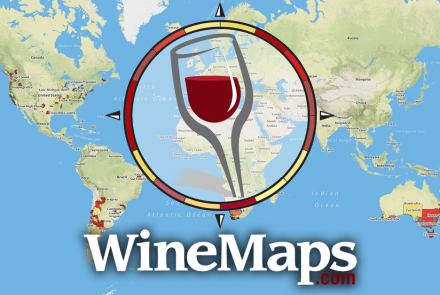Hungary is a landlocked country located in Central Europe, and shares its borders with seven other nations, including Austria, Croatia, and Romania. Its capital and most populous city is Budapest.
Hungary has an estimated population of around 10 million people. It is known for its rich cultural and historical heritage, boasting several World Heritage Sites such as the Buda Castle Quarter, Hortobágy National Park, and the historic wine region of Tokaj.
The official language is Hungarian, which is one of the most difficult languages for English speakers to learn. The country is democratic, and operates under a parliamentary republic system.
The country has a rich heritage in the arts, including music, literature, and visual arts. Famous Hungarian composers include Franz Liszt and Béla Bartók.
The economy of Hungary is diverse and industrialized. Major industries include mining, metallurgy, construction materials, processed foods, textiles, chemicals (especially pharmaceuticals), and motor vehicles.
Hungarian cuisine is hearty and spicy, and the country is known for dishes such as goulash, a type of stew with meat and vegetables, and is famous for its excellent wines.
As for geography, Hungary is predominantly flat, with low mountains in the north. The major rivers are the Danube and Tisza. The country also boasts hundreds of thermal springs, many of which have been turned into baths and spas.
Despite being landlocked, Hungary has a significant water culture, largely due to the presence of the River Danube, and the iconic Lake Balaton, the largest lake in Central Europe, offering boating activities, fishing and other water sports.
Notably, Hungary also has a high level of education with a longstanding tradition of academic excellence. It is home to the oldest university in Central Europe, the University of Pécs, which was founded in 1367.


